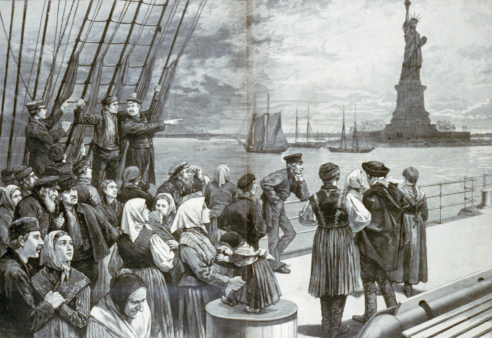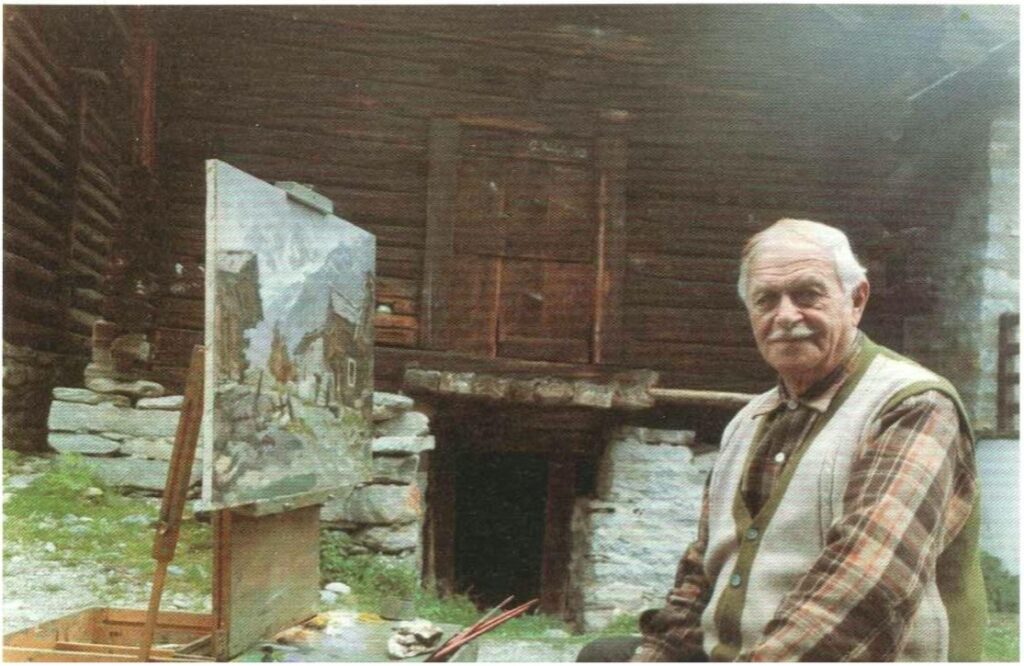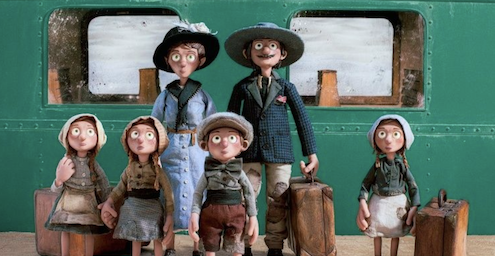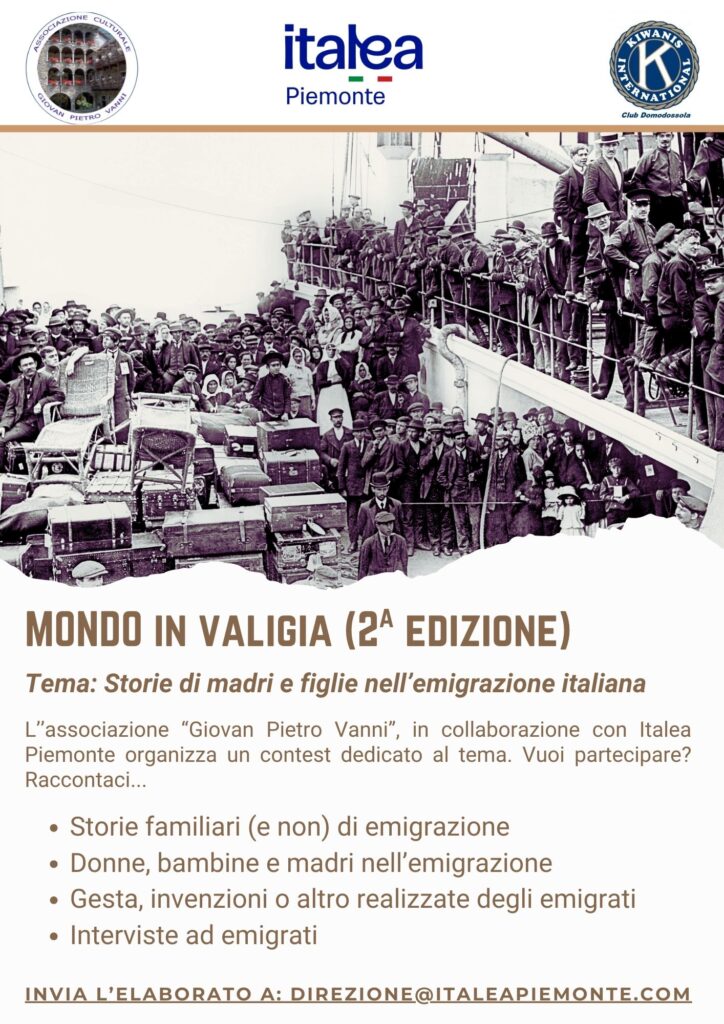The Altreitalie Centre on Italian Migration in Turin participated in the meeting dedicated to the cultural heritage represented by Italian migration at the Chamber of Deputies.
The conference, promoted by the Democratic Party MP elected in South America Fabio Porta, was designed to deepen the bill “Provisions for the promotion of knowledge of Italian emigration in the context of contemporary migration”, currently being examined by the Culture Commission of the Chamber of Deputies.
Porta said he was very honoured that “Parliament can make an important contribution to this legislative initiative”. One of the main reasons for the proposal is “to share it outside the Parliament chamber. In fact, this proposal must become a common heritage.” Including “civil society” which “must confront this issue”. Emigration is “the biggest historical and social phenomenon in the history of the country. It is not residual. Our young people, at school, must have access to this information” which represents “a heritage that is not the property of a political party, but is the cultural heritage of the whole country”.
Maddalena Tirabassi, Director of the Altreitalie Center on Italian Migration, presented a chronological account of emigration made up of statistics and stories. “It is not enough to say ‘we are all migrants’. It is of no use in terms of combating racism and prejudice. Because we have not been able, as scholars, to convey the results of our research to a wider audience.” But “if the history of emigration is an interdisciplinary history in itself”, perhaps, according to Tirabassi, it would be appropriate to “bring the study of mobility within the various school disciplines starting from the training of teachers”. The study of these topics can be important.”
Giovanni Maria De Vita, Head of the “Roots Tourism” Project of the MAECI spoke about the project he carries out in the role of coordinator: “the history of Italian emigration must enter the minds of Italians. It is a great heritage. We are talking about 80 million people, but we believe that it could be more. It is a potential that Italy must focus on. We need to talk to Italians about the history of these people, but we also need to tell Italians about the opportunities that these people can represent for this country. Roots Tourism is not only the promotion of Made in Italy. We need to look at our communities as strategic partners. And this must be known by the Italians. We have seen this bill with great interest and I am glad that it has bipartisan support. I hope it will reach the port, we owe it to the emigrants and to the Italians. And I hope that the Ministry of Education will not be left alone, because it is not only an interdisciplinary issue, but also an inter-ministerial one. Because it includes aspects that concern the Ministry of Foreign Affairs and its diplomatic network and the Ministry of Culture and its network of museums, and others. I would propose some sort of committee that could outline and finalize the programs.” Roots tourism represents “a blood bond with Italian-descendants, an opportunity for loyalty that is much stronger than normal”. There are people who will always look at Italy no matter what.” The “traveller of the roots is particular and must feel welcomed above all because he is in different destinations, mostly small municipalities”. To do this, a network is being created with regional coordinators and groups that will be responsible for finding information and building itineraries.




